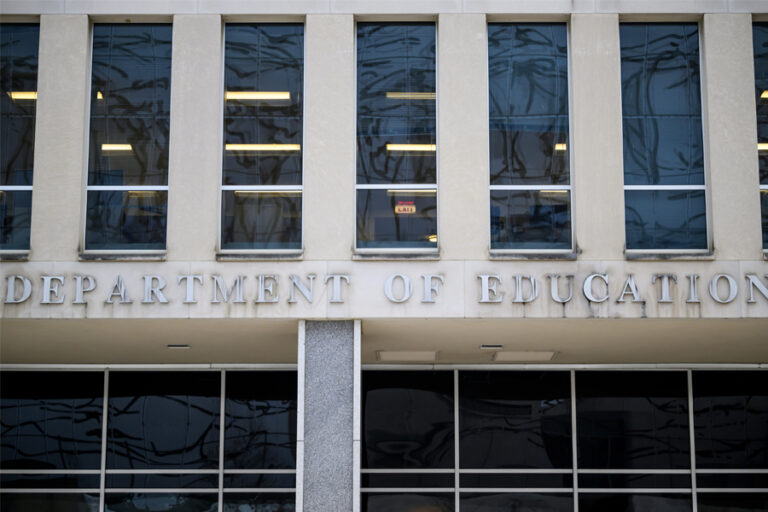The university is closely monitoring a March 20,2025, executive order (EO) by the Trump administration directing the closure process for the U.S. Department of Education (ED). The EO instructed the Secretary of Education to “…take all necessary steps to facilitate the closure of the Department of Education and return authority over education to the states and local communities while ensuring the effective and uninterrupted delivery of services, programs, and benefits on which Americans rely.”
This development may understandably raise concerns about federal student financial aid programs, including Pell Grants, federal student loans, and work-study opportunities. However, in a press release issued by the White House, Secretary of Education Linda McMahon stated, “Closing the Department does not mean cutting off funds from those who depend on them – we will continue to support…college student borrowers…”
What We Know
On March 20, 2025, President Trump signed an EO outlining steps to dismantle the Department of Education. This executive order followed a significant reduction in force (RIF) on March 11, 2025, which impacted nearly 50% of the department’s staff. The new EO does not immediately dissolve the agency but initiates efforts to do so, including the intent to transfer responsibilities to other federal departments.
- Student Aid Unaffected: There is currently no indication that student aid programs are at risk. While the corresponding press release assures that college student borrowers will not face funding cuts, the EO does not provide details on how student aid programs will continue. However, federal student aid programs have historically been managed by various federal offices before the ED’s establishment in 1980. EOs often face legal challenges and require congressional action to be fully implemented. California’s Department of Education remains unaffected, and federal student aid programs predate the ED, making their continuity likely despite agency restructuring.
- State-Level Implications: The EO signals a shift in educational oversight from federal to the states. While California may see minimal immediate impact, this transition raises concerns about accreditation standards and potential inconsistencies across states. A White House article stated the administration’s perspective that “…individual states are best positioned to administer effective programs and services…”
- Judicial Challenges: Federal courts frequently intervene in similar administrative actions, issuing stays on agency restructuring and funding cuts. Legal challenges may slow or block portions of the EO’s implementation.
- Trump Administration Priorities: Education Secretary Linda McMahon recently described ED’s “final mission” as reducing bureaucracy, increasing parental control, redirecting federal funding away from diversity, equity, and inclusion (DEI) initiatives, and emphasizing workforce preparation in higher education. The March 20 EO reiterates that federal education funding must comply with laws prohibiting discrimination, specifically targeting programs labeled as “diversity, equity, and inclusion” or those promoting “gender ideology.”
- Congressional Approval: While this action signals a significant shift in federal education policy, the elimination of ED requires congressional approval, including 60 votes in the Senate. However, even without full elimination, structural changes could still result in disruptions or reductions in services.
Further Information and Resources
LMU remains committed to our students, faculty, staff, and community — guided by our mission and values. University leaders are actively reviewing this executive order and judicial responses to assess potential impacts on LMU and higher education.
LMU MarCom External Relations is working closely with higher education leaders, government relations teams, and policymakers at the state and federal levels to stay informed and advocate for policies that support our students and academic mission.
As this is a dynamically changing situation, LMU will provide updates and guidance to our community as information becomes available.

